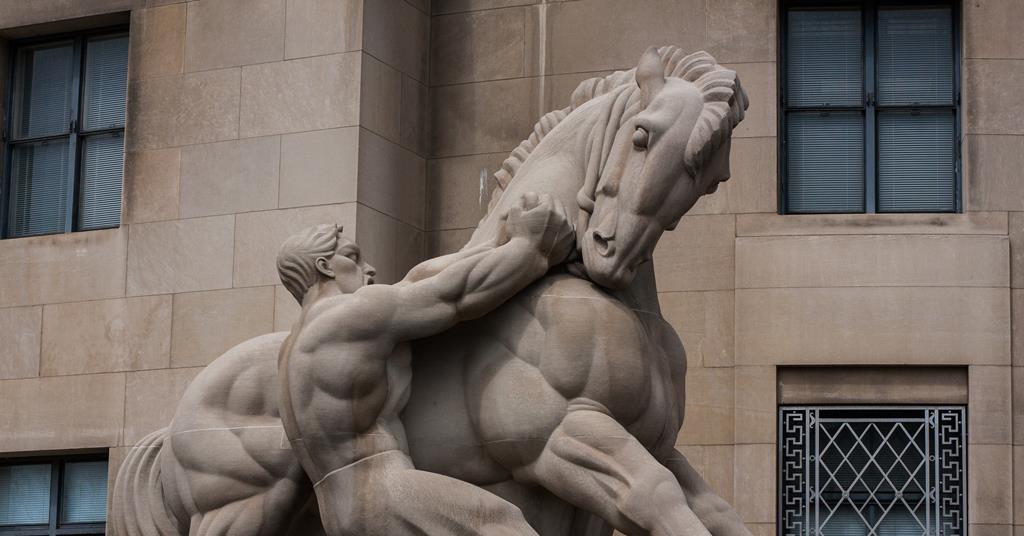The Consumer Protection and Recovery Act (HR2668) would resuscitate the FTC’s ability to seek return of funds illegally obtained in violation of consumer protection laws, as well as “restitution of losses, cancellation or reform of contracts,” the refund of the money or the return of the property.“
Pushed by the Democratic majority unanimously, the House passed Bill 221-205, with two Republican representatives also voting yes. The bill now goes to the Senate.
The bill seeks to overturn a unanimous Supreme Court decision of April 2021 in AMG Capital Management v. FTC, where the court ruled that the agency cannot seek to recover funds illegally obtained by individuals and businesses under Section 13 (b) of the FTC Act. In the ruling, Judge Stephen Breyer noted that the FTC may seek restitution under other provisions of the law.
“If the Commission considers that this authority is too heavy or inadequate, it is, of course, free to ask Congress to grant it further corrective authority,” he wrote.
Now Congress is trying to do just that.
The concept of restitution – attacking funds obtained by crooks and other offenders – has been a subject of frequent debate in the Supreme Court.
In June 2020, the court ruled that the Securities and Exchange Commission (SEC) can seek “fair relief” in civil proceedings. The question put to the court in the case, Liu v. DRY, was whether restitution is considered equitable relief. In its decision, the majority held that “restitution compensation which does not exceed the net benefits of an offender, and which is granted to victims, is fair reparation”.
Later in 2020, Congress strengthened the ability of the SEC to pursue the return of profits made in fraudulent schemes under the National Defense Authorization Act (NDAA) for fiscal year 2021. The bill extended the period during which the agency can turn to seek restitution in some cases to 10 years, after the decision of the Supreme Court in Kokesh v. DRY in 2017, imposed a five-year statute of limitations for even the most egregious violations of safety laws.
In June 2020, the Supreme Court refused to hear a case, Monex Deposit Company v Commodity Futures Trading Commission, concerning the restitution powers of the CFTC.

